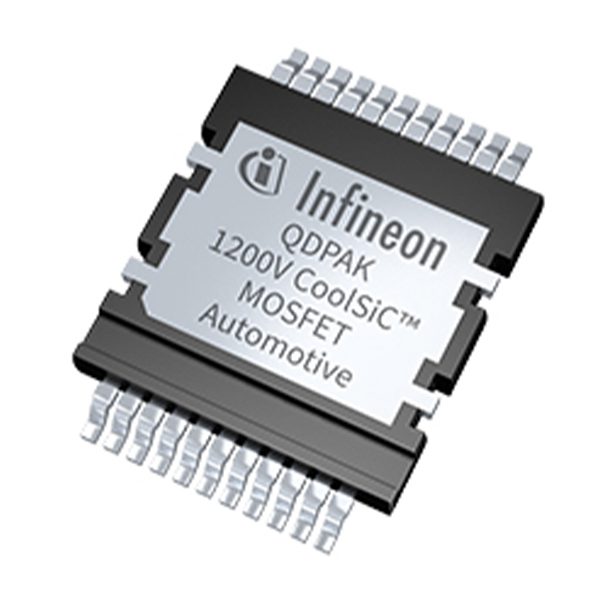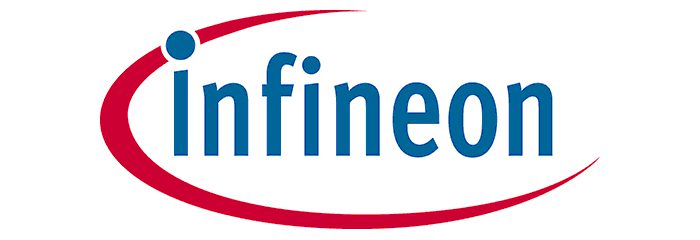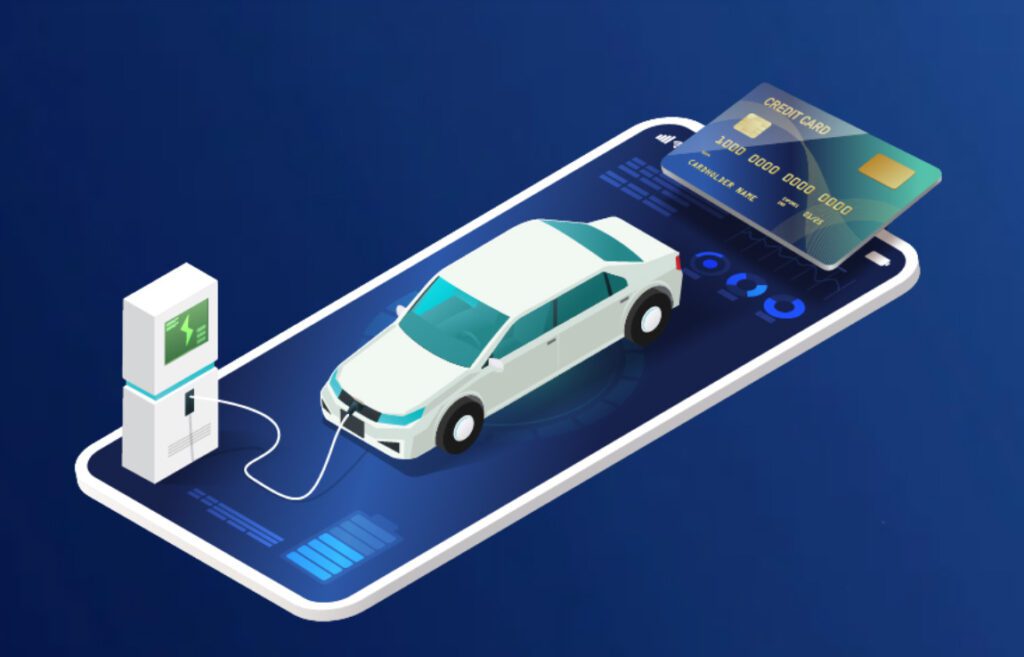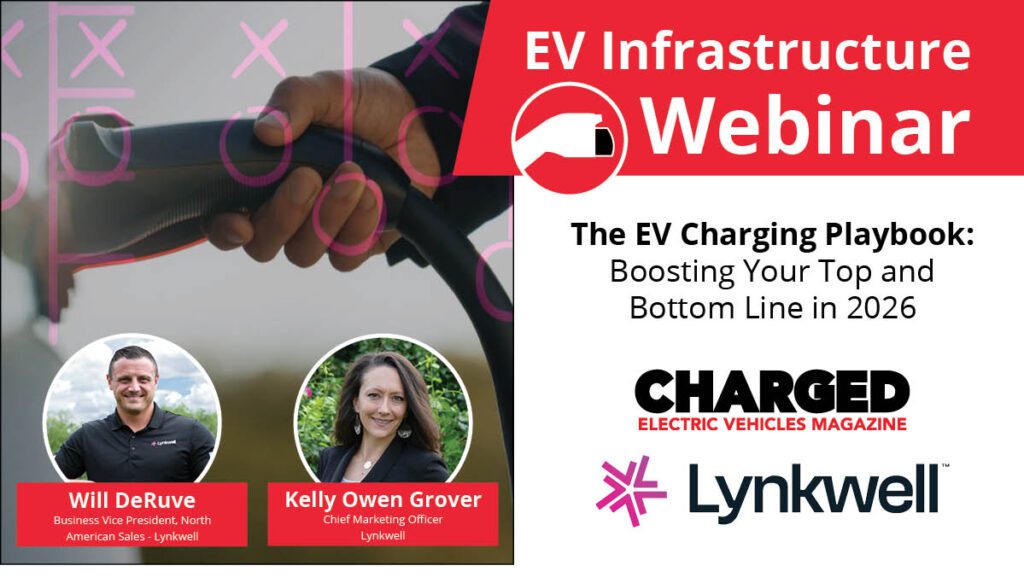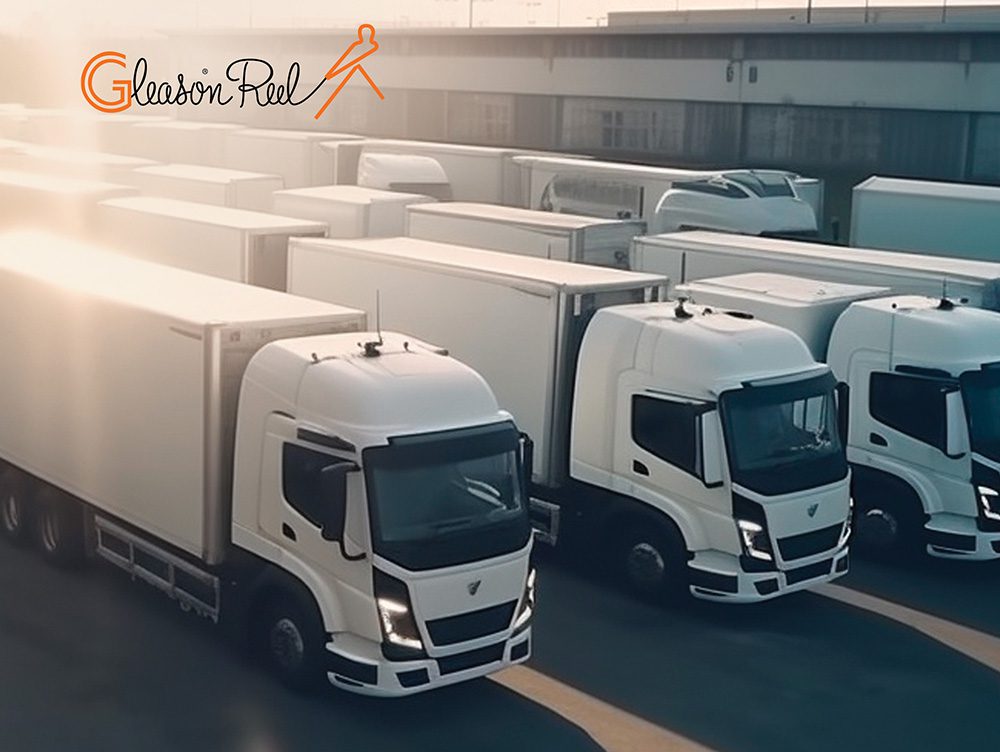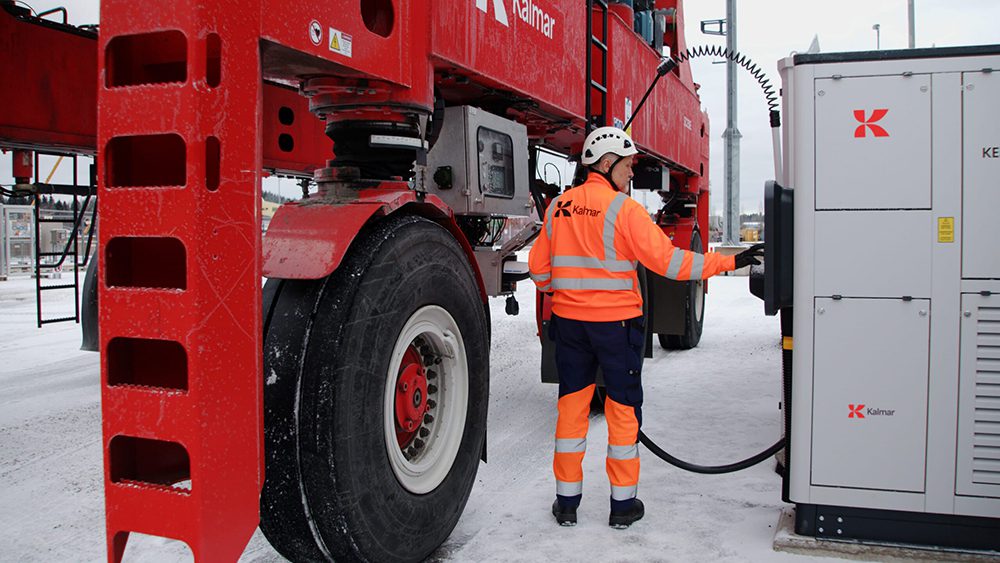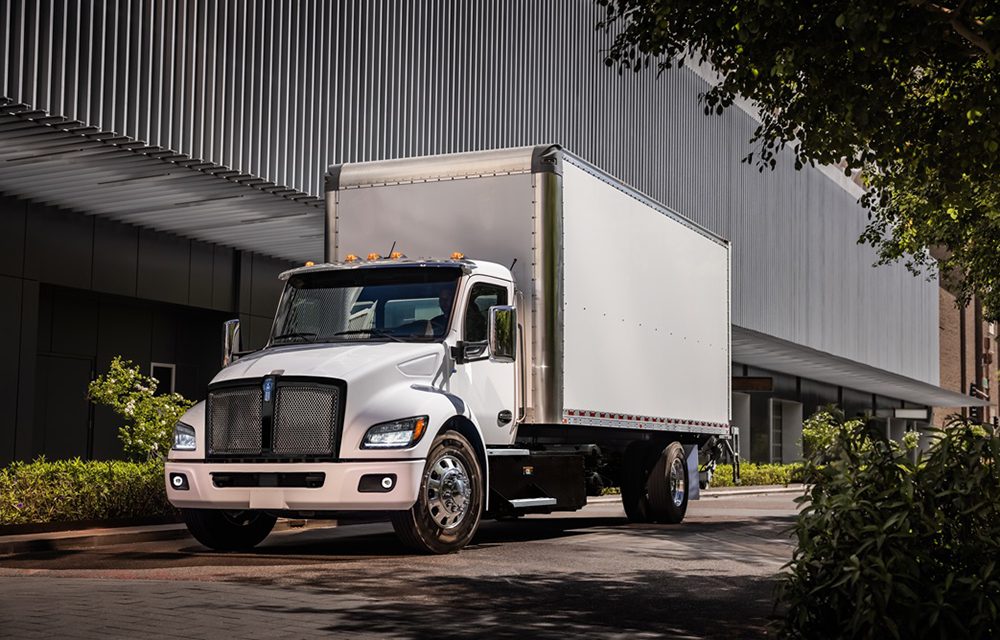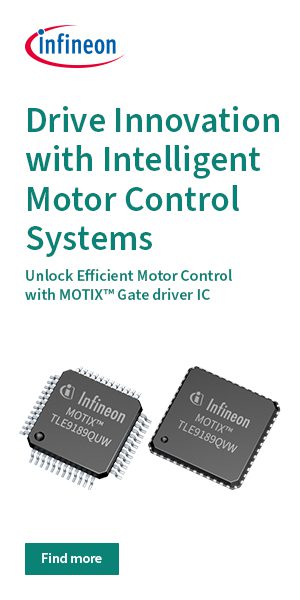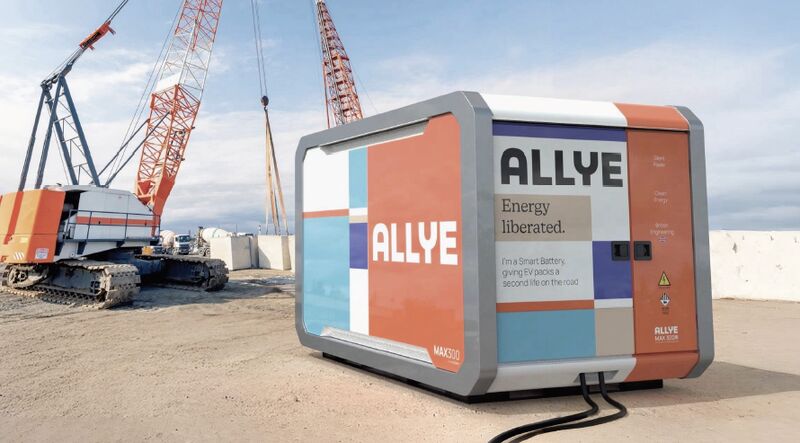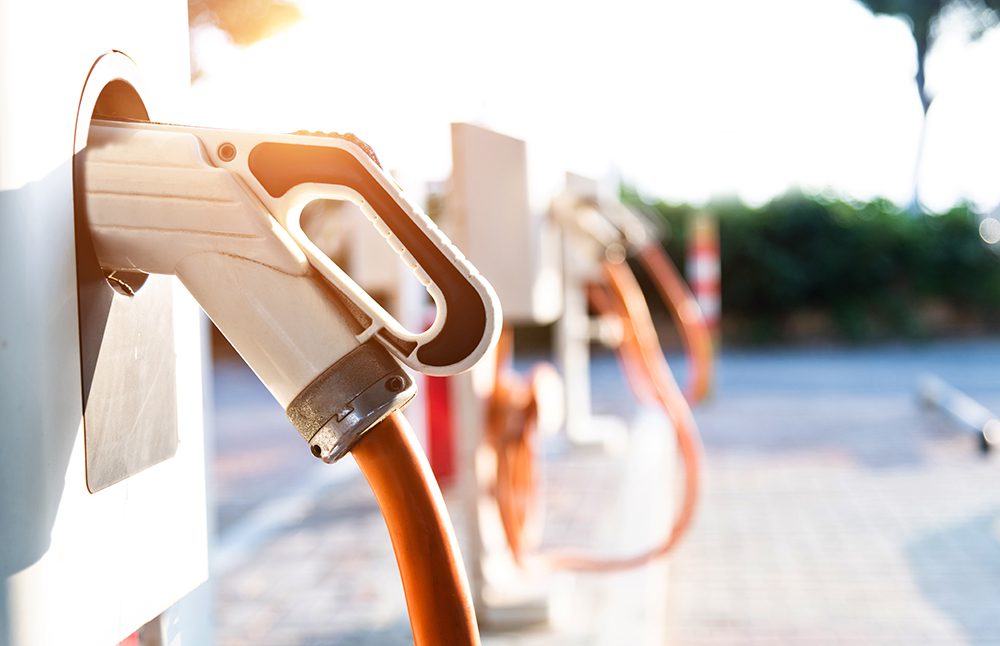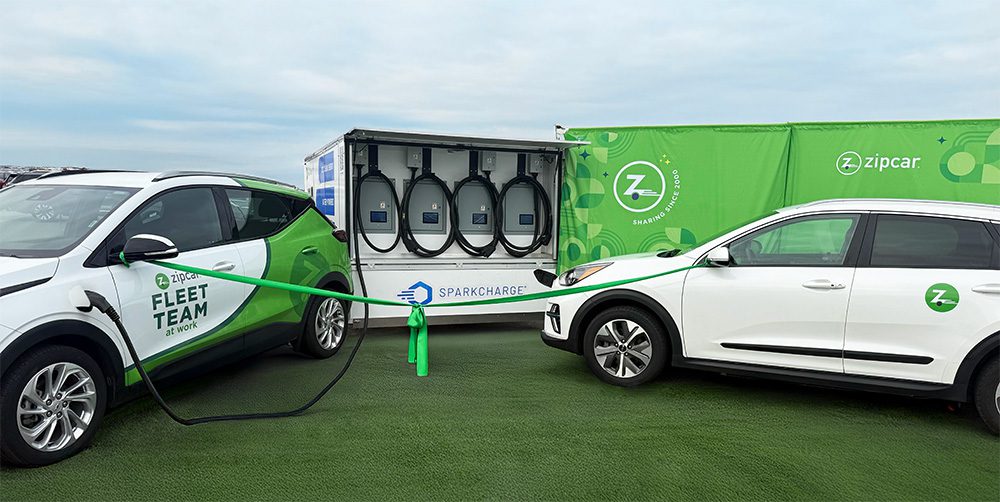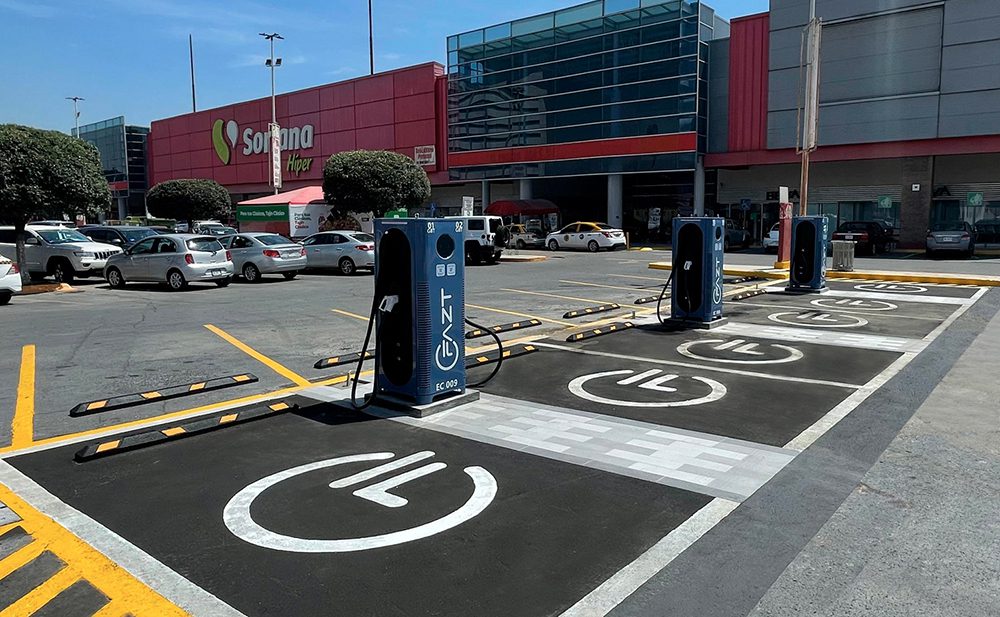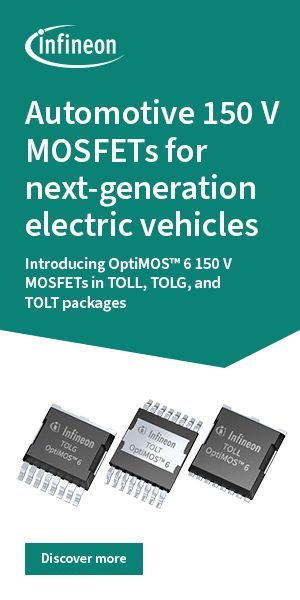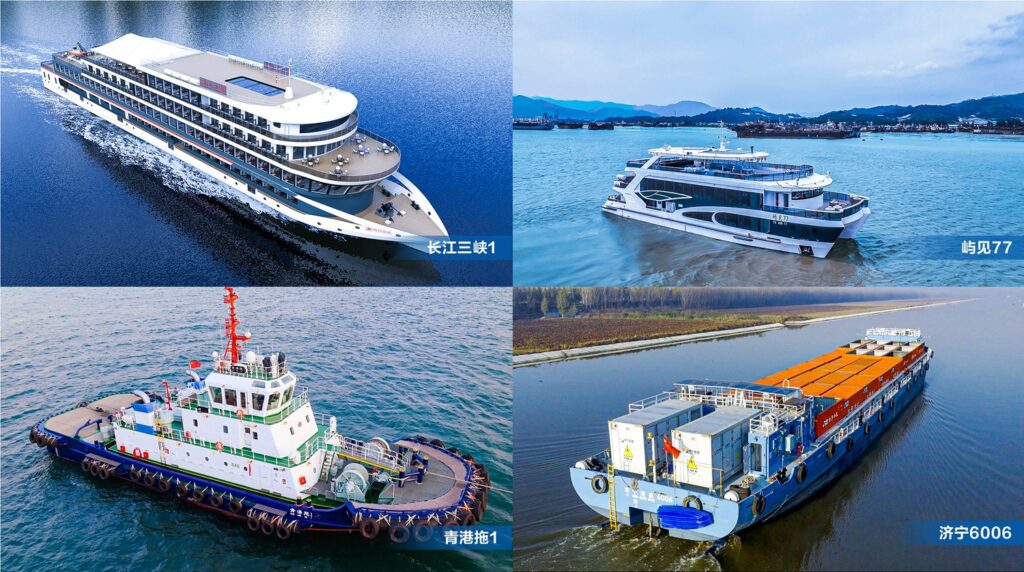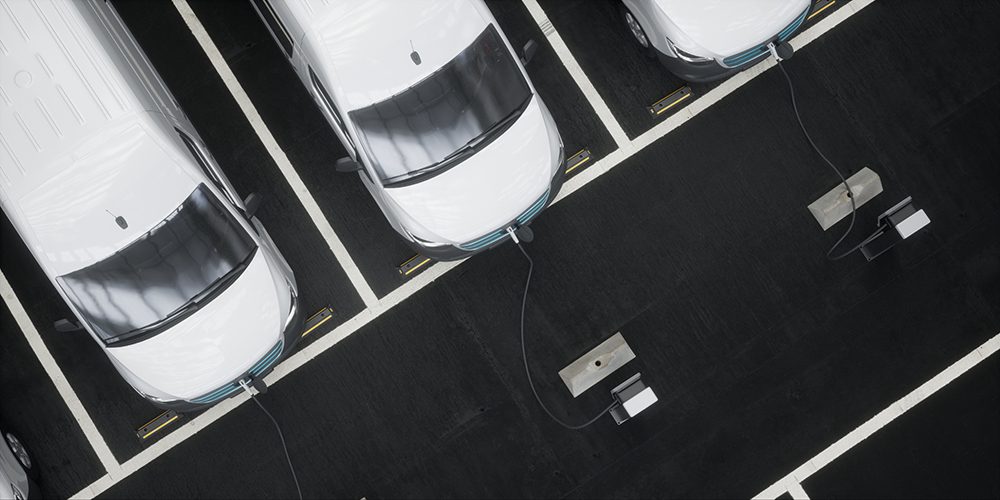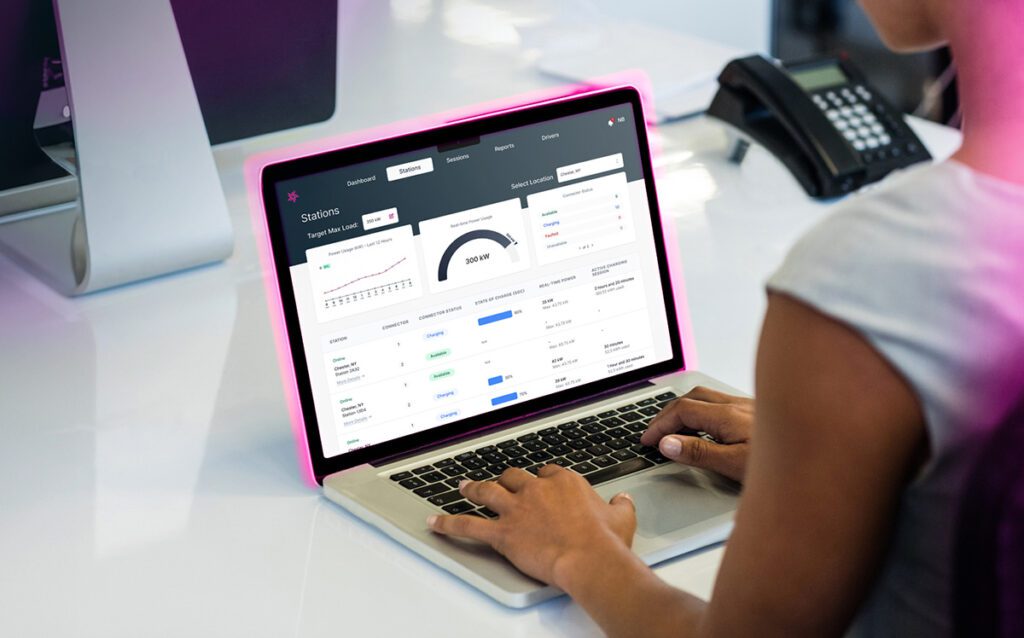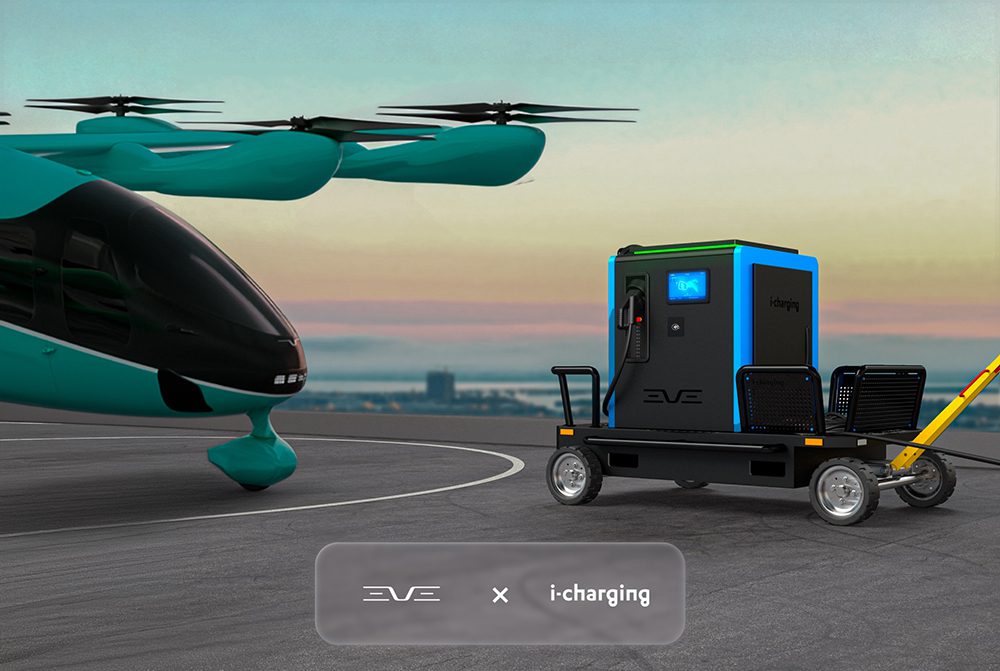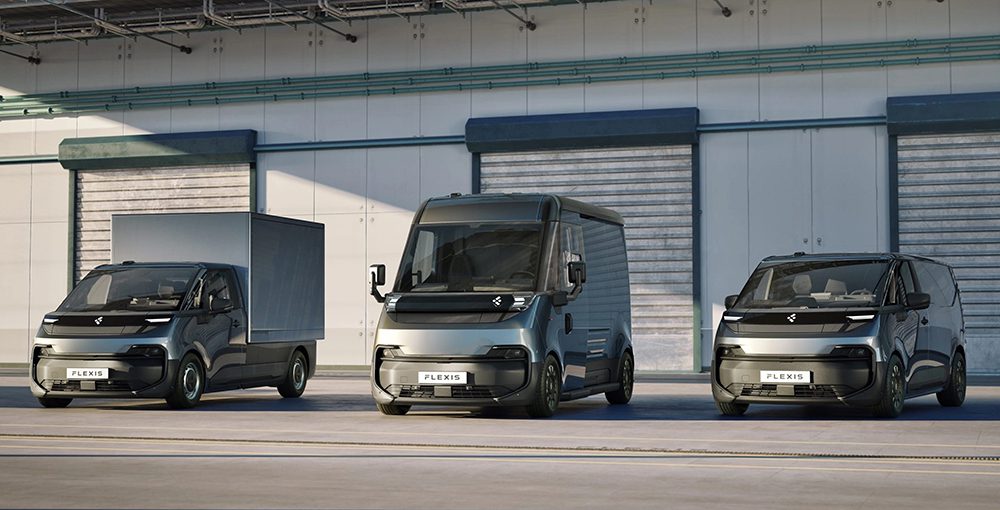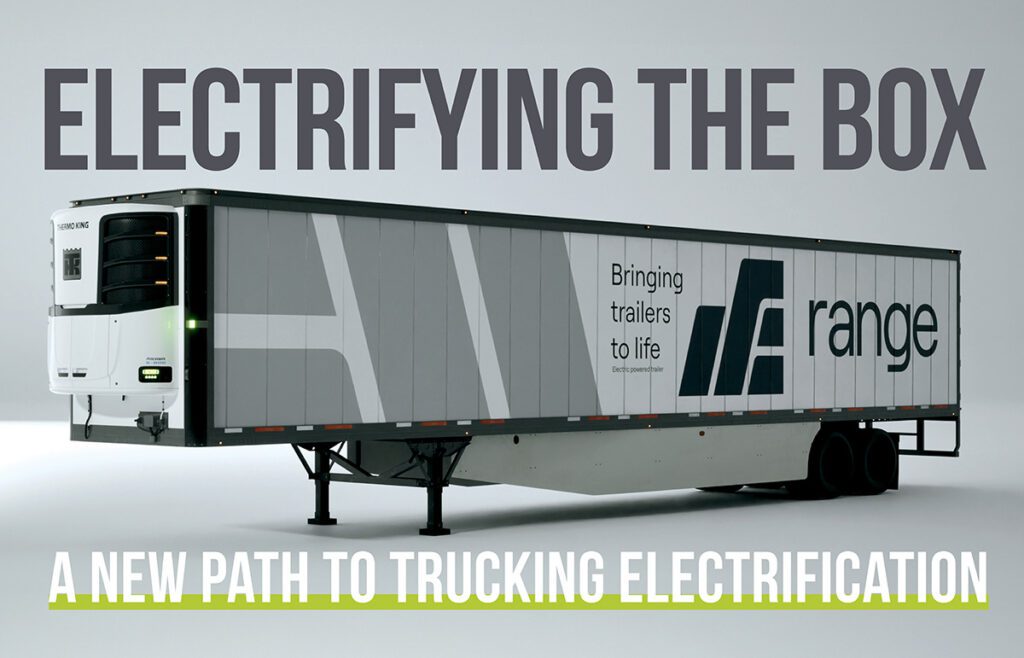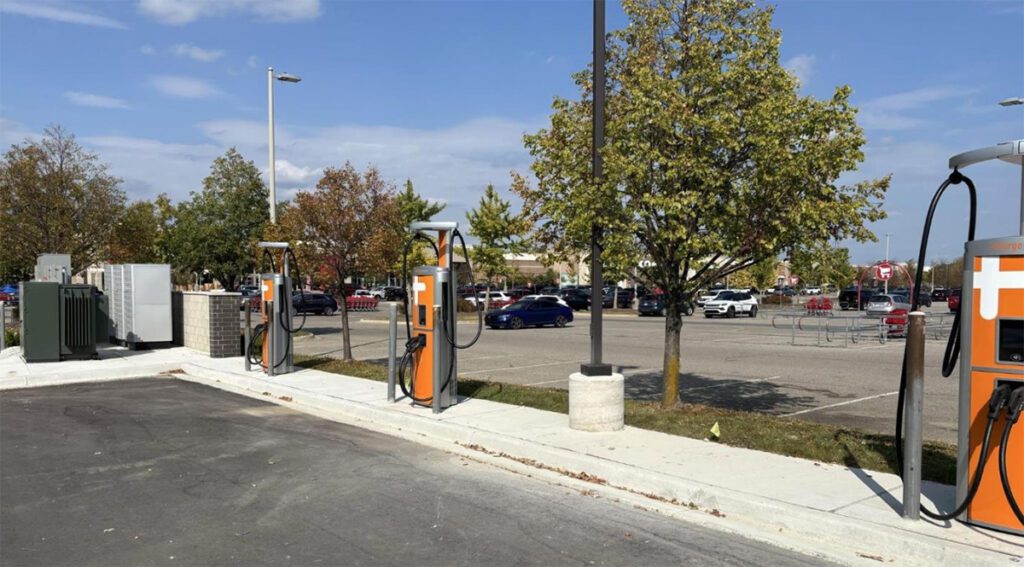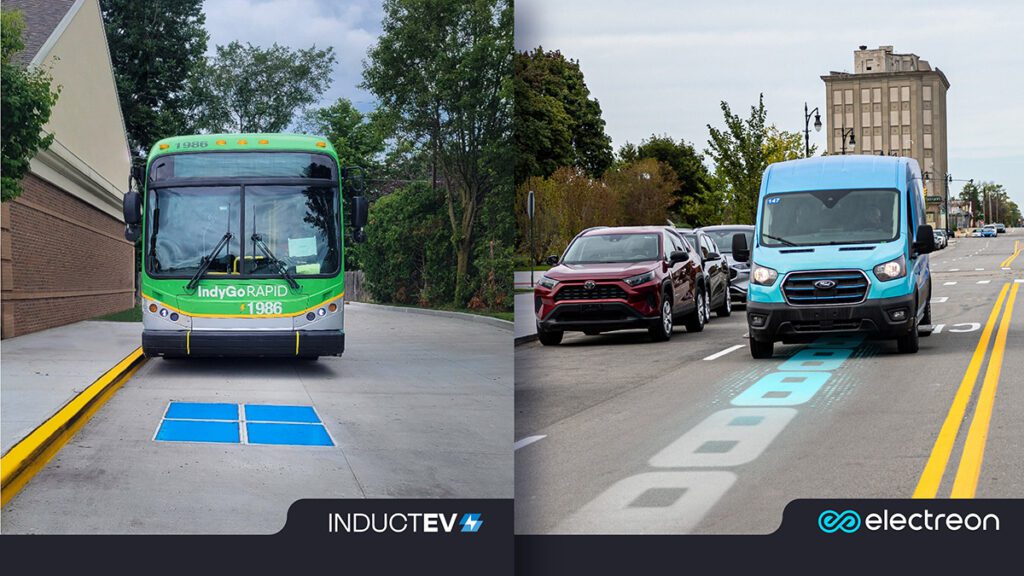The Stanford team’s system can transfer 10 kW of power over a distance of 6.5 feet – enough to charge a car moving at highway speeds – and has an efficiency of 97 percent.
Wireless charging, which is now available for both the Leaf and the Volt, is a great convenience, and one of the hottest trends on today’s EV scene. Mobile wireless charging, which would allow an EV to charge while rolling down a highway, has the potential to radically transform our entire transportation system. A Stanford University research team has designed a system that could do just that, and has published its findings this week in the journal Applied Physics Letters. The researchers have tested the system using computer models – building a prototype is the next step.
Wireless power transfer is based on a technology called magnetic resonance coupling. Two copper coils are tuned to resonate at the same natural frequency, and placed a few feet apart. The Stanford team’s system can transfer 10 kW of power over a distance of 6.5 feet – enough to charge a car moving at highway speeds – and has an efficiency of 97 percent.
"Our vision is that you'll be able to drive onto any highway and charge your car," said Professor Shanhui Fan. "Large-scale deployment would involve revamping the entire highway system and could even have applications beyond transportation."
Mathematical simulations indicate that the system won't affect drivers, passengers or the microcomputers that control steering, navigation and other vehicle operations. "Wireless power transfer will only occur if the two resonators are in tune. Objects tuned at different frequencies will not be affected," says Fan.
Wireless technology might also one day assist GPS navigation of driverless cars. Since the charging coils would be in the center of the lane, they could provide precise positioning at no extra cost.
Image: Standford




